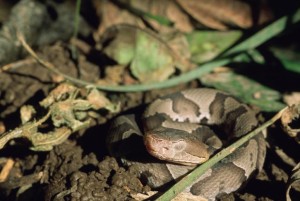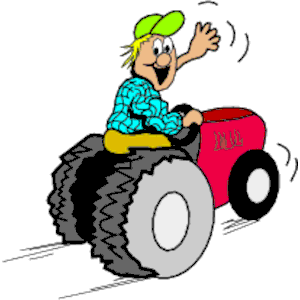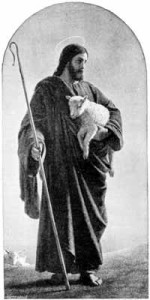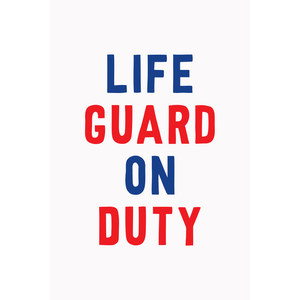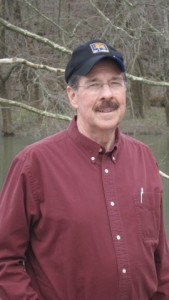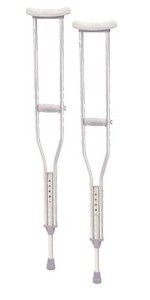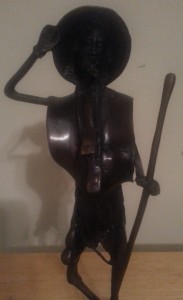My only real dance with a snake happened at our farm when I was around twelve. Our horse, Bill featured in the opening act.
Aside from the dance affair, I knew other serpent encounters growing up . . .
I was ten and enjoying one of our family’s rare outings. We cabined at a clearing along the Neosho River.
I was fishing with a simple cane pole and line when a small frog risked hopping into view. I snatched it and threaded it to my hook. I cast the line and waited for a fish to take in my new bait. Nothing.
Pulling back on the cane pole, I brought in the line and lay everything on the shore. The frog continued stirring. I left for a potty break.
Returning, I took up the pole but something was strange. My head cocked a little. The sun was bright and I squinted. Where’s the hook and sinker? Where’s the frog?
I saw the far end of the fishing line was no longer above ground. It had disappeared into a hole some yards away. I raised the cane pole and felt resistance. I lifted higher. Out of the hole in the ground came the sinker – and, to my astonishment, a snake – swallowing my frog.
It was a bad day to be a frog. It labored to free itself from both a fish hook and a highly focused snake. While the frog didn’t survive, its attacker the snake didn’t fare very well, either. My brother Tim and I saw to it.
The dance was roughly two years later. A sultry summer afternoon I trudged through high Bermuda in our west pasture. Catching and riding the horse was my goal. I loved riding Old Bill. I loved less the necessary work for me to catch him. Clever Bill knew when I carried the bit and bridle. He liked his freedom and shrank from coming near it. Often Bill swung his long head away and out of reach just as I clutched to seize his dark mane. And away he loped.
Sweaty and agitated after several attempts to lure him, I wound my arm back and flung the bit and bridle (horse tack) toward Bill. A puff of dust lifted as the gear landed far short of the horse.
I wiped my forehead and shifted my straw hat. Doggone Bill. The horse had tested my resolve and had won. Today anyway.
I trotted forward to retrieve the tack.
Suddenly a coiled snake lying silent in my path flew upward and around my right ankle. It spiraled instantly up my blue jeans like a spirited corkscrew, circling around and around. It clung to my leg, it’s head now above my knee.
I shuddered and lurched. And danced. Wildly. I had never been so panicked. With my left leg I leapt and leapt, kicking the right leg down and outward and back again the whole time. The fact I was leaping with my lame foot didn’t matter for a second. I must shake that thing free.
At last the snake released, dropped into the high grass and disappeared. I bolted several yards the opposite direction. I stopped to gather my breath. And composure.
In a sudden, embarrassing moment I realized that seconds ago I had lost it. Instinctively I surveyed my surroundings. Nothing but prairie grass and distant trees any direction. A short way off – grazing and disinterested – stood Bill. I was thankful. And sheepish.
I retrieved the hardware and offered a silent pledge in the horse’s direction. Bill, you’ll be in these next time.
I started toward the barns, and to our house beyond.
I’ll change out of the moistened blue jeans; get tidied up. Mom will have lunch ready soon.
I relaxed. Altered my gait.
And almost smiled.
For the Lord will be at your side and will keep your foot from being snared.
– Proverbs 3. Bible
Have you experienced sudden fear? Maybe troubled by anxieties today? Take courage. Help is near.
©2015 Jerry Lout


